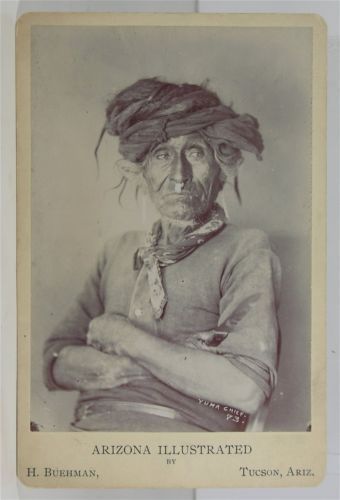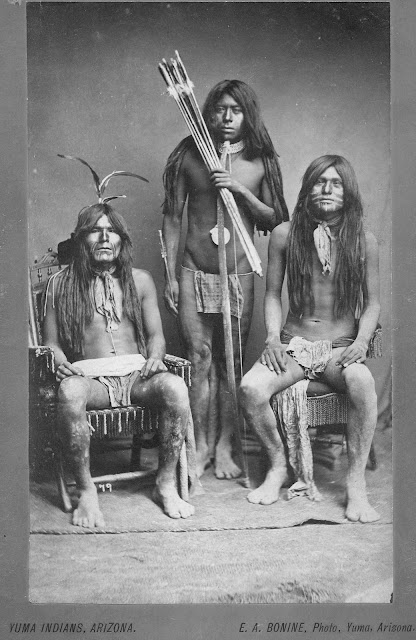
The Quechan also spelled Kwtsaan or Kwtsan, are a Native American people who traditionally inhabited the lower Colorado River Valley, including parts of present-day Arizona and California. The Quechan are part of the larger Yuman language family.
The Quechan people have a rich cultural heritage, including traditional ceremonies, dances, and crafts. They historically relied on the resources of the region, such as fish from the Colorado River, wild plants, and small game.
One of the well-known groups within the Quechan people is the Fort Yuma Quechan Tribe, which is based on the Fort Yuma Indian Reservation. The Fort Yuma Indian Reservation is near the present-day city of Yuma, Arizona, along the Colorado River. The Quechan people have a long history in the region, and their reservation is an important center for preserving and promoting their cultural traditions.

With the arrival of European settlers and the establishment of the United States, the Quechan, like many Native American groups, faced challenges such as the loss of traditional lands, conflicts, and changes in their way of life. However, they have persisted in maintaining their cultural identity and practices.
Today, the Quechan Tribe is actively involved in issues related to tribal sovereignty, land rights, and the broader recognition of indigenous rights. The Fort Yuma Quechan Tribe engages in various cultural and educational initiatives to preserve and revitalize their language, arts, and traditions, ensuring their heritage is passed on to future generations.